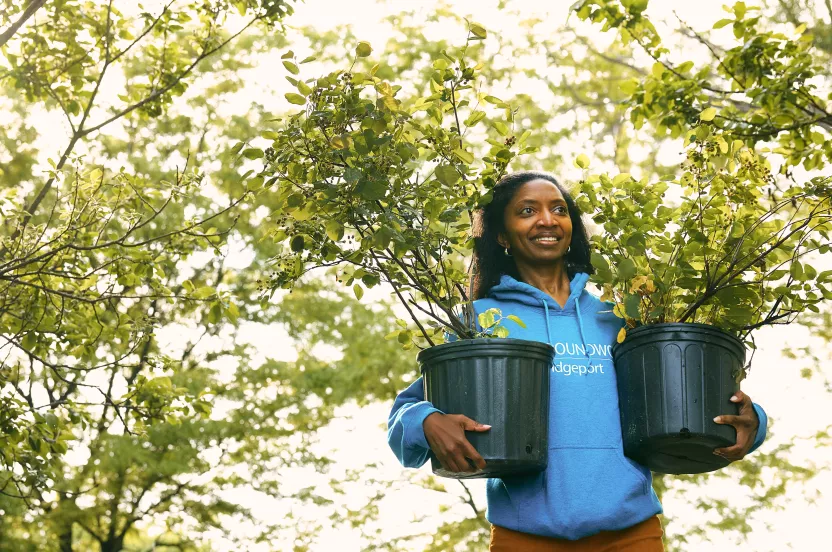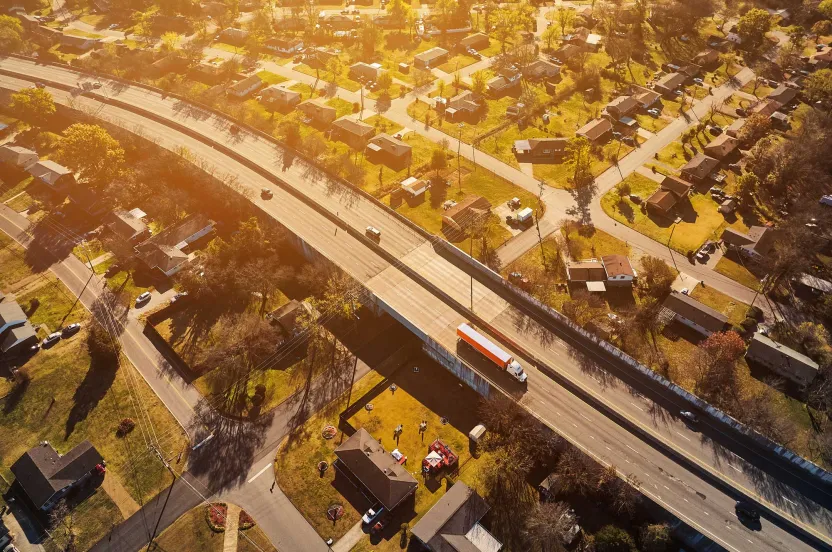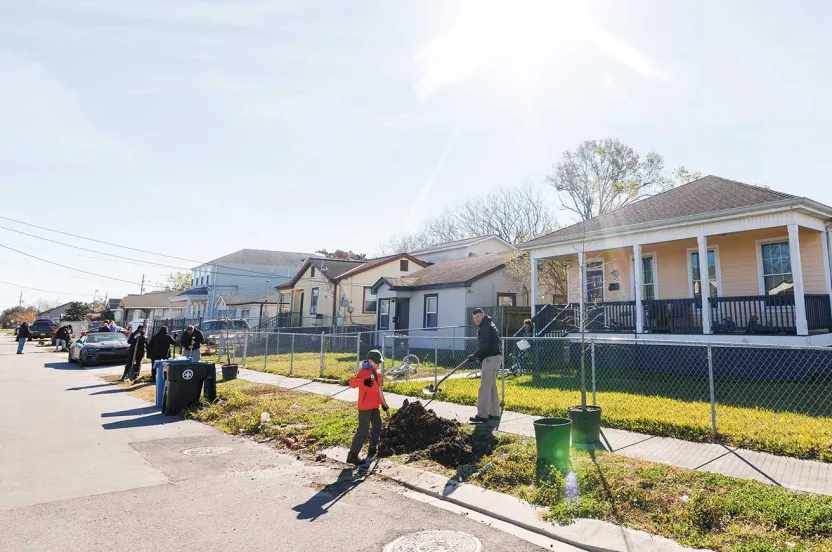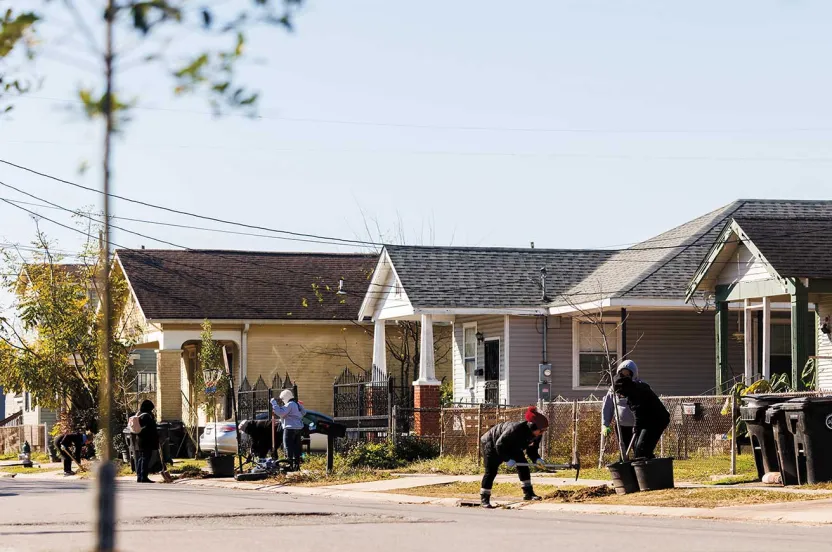Give before midnight on July 31 to double your impact where trees need us most. LEARN MORE
The App Paying Nicaraguan Farmers to Nurture Trees
Tree monitoring used to be expensive. Now all these Nicaraguan families need is a smartphone.
July 14, 2023
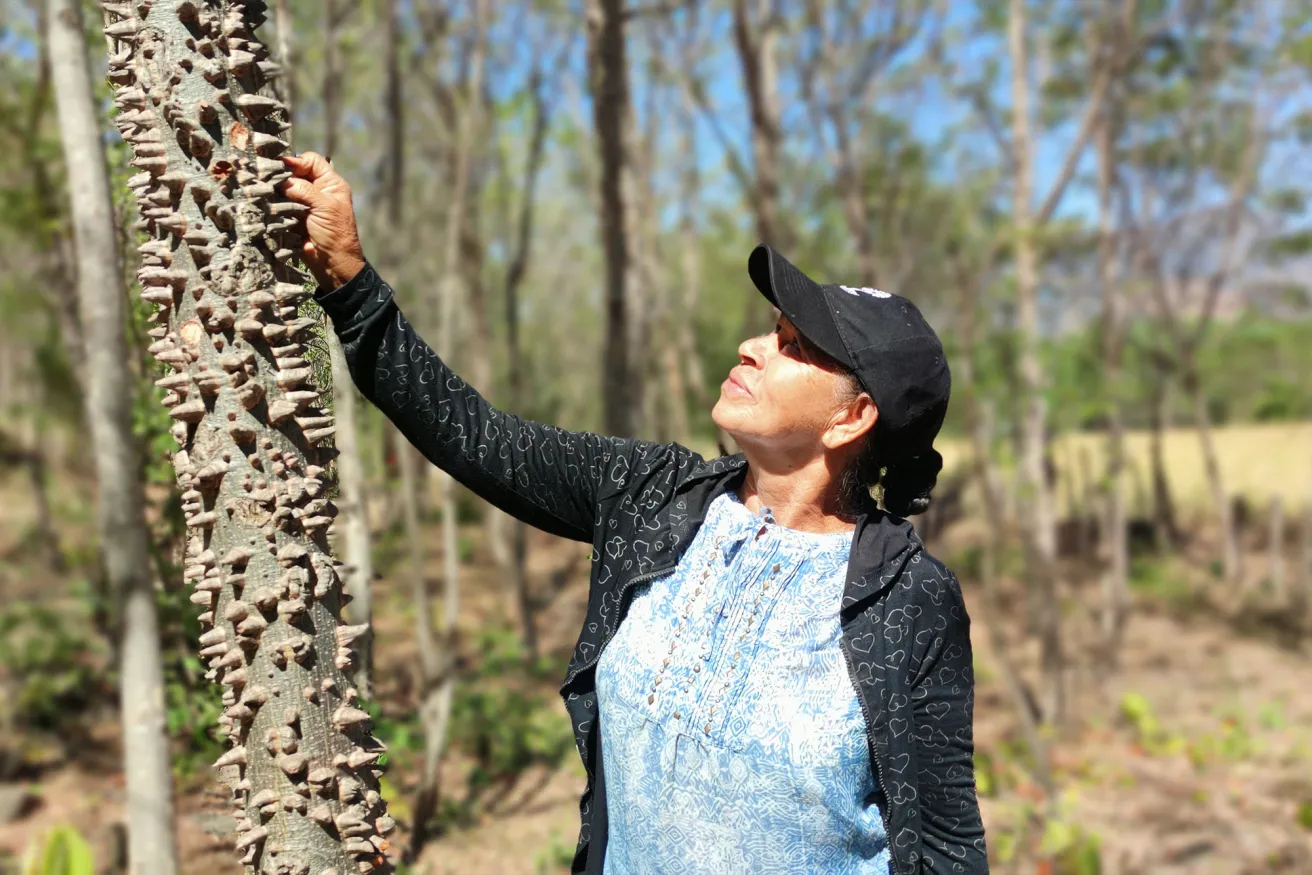
Smallholder farms dot the landscape of Nicaragua. Families rely on their plot of land — often smaller than seven acres — for a livelihood.
Here, in one of the poorest countries in the Western Hemisphere, more than 30% of the population lives below the poverty line. And that number increases in rural areas.
In a search for more income opportunities, many farmers find potential in the trees. They could be paid for maintaining forestland on their property through forestry carbon credits — money they earn to grow trees that offset companies’ emissions. Unfortunately, the expense of verifying a carbon project usually blocks their access to this income stream.
“Many farmers in Nicaragua want to reforest their land but don’t have access to the funding needed to make growing trees worthwhile,” said Will Sheldon, commercial director for Taking Root.
The Arbor Day Foundation and Taking Root are partnering to meet this need, working with more than 2,300 smallholder farmers throughout the country. Typically, working with small-scale landowners isn’t feasible. The difficulty and cost of traditional methods of managing and monitoring a carbon project would be too much. But Taking Root’s unique technology platform removes these barriers, opening up a new world of economic opportunity for farmers — and more land for trees.
“Our platform equips our on-the-ground partners to effectively manage project operations in order to support farmers to grow trees. At the same time, the platform automates the reporting needed so farmers can get access to carbon financing and get paid for the trees they grow,” said Sheldon.
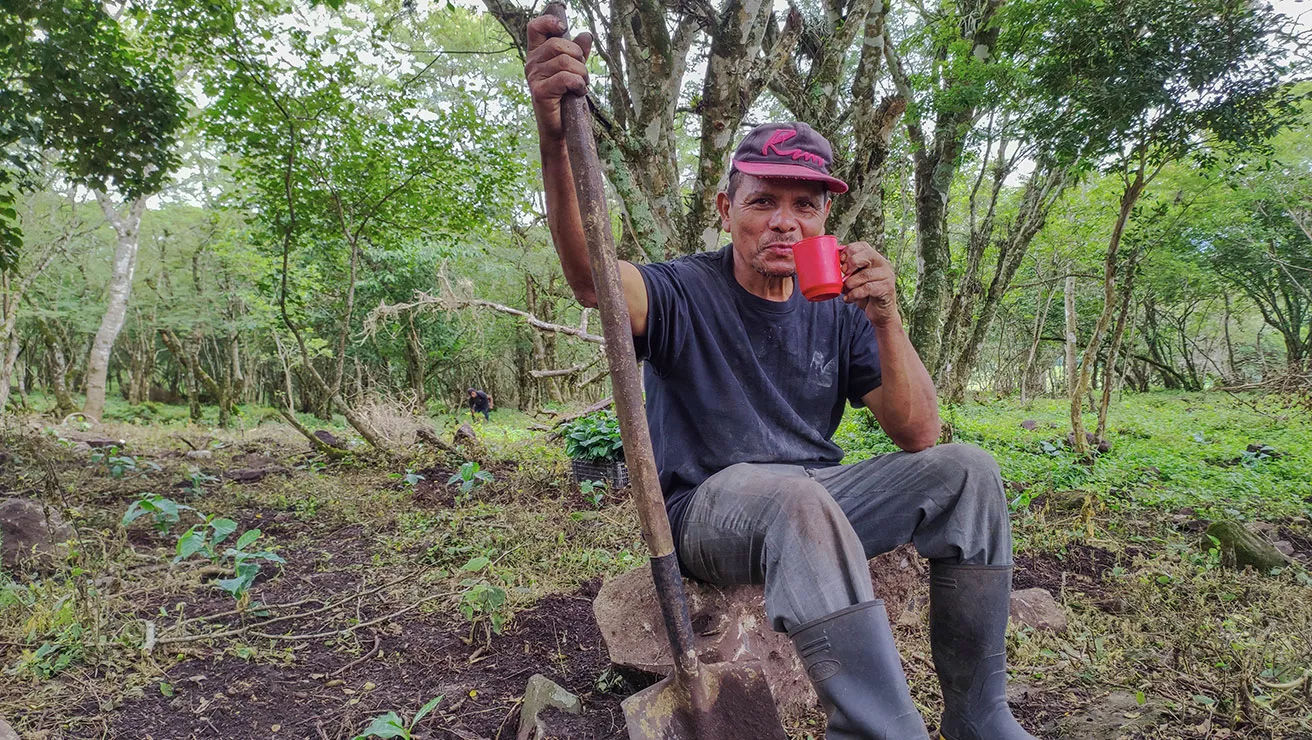
It's as simple as opening an app
With this technology, the only hardware needed is a smartphone. Farmers enter basic details in Taking Root’s mobile app, and that information is combined with relevant geographical data. The platform then applies statistical models and algorithms to verify the effort — in other words, prove it meets the strict requirements of a carbon project.
“Working with thousands of small landowners in highly remote and fragmented areas can create challenges for forest carbon projects. Our platform makes it easy to track project operations and performance so we can ensure farmers get the right support at the right time. This means that they can grow their trees successfully and get paid in a timely manner for doing so,” said Sheldon.
From a farmer’s perspective, it means any landowner in Nicaragua can have access to additional carbon income without needing expensive monitoring technology. They’re paid over a 10-year period for growing and maintaining their trees. This is critical financial stability for farm families.
“I am quite satisfied with this program because we have seen results very quickly. We already have a pretty established plantation with trees that are only five or six years old. This project is also generating work for the people who live in this community,” said Roberto Ponce, a farm owner involved in the program.
The companies involved also benefit from this technology, gaining access to transparent and robust forestry carbon credits. Information such as the number of trees planted and metric tons of carbon stored can be easily tracked to illustrate environmental impact. The platform even provides specifics about the work each participating farmer is doing to restore the tree canopy on his or her land and how that land is currently being used.
Taking Root’s technology platform is creating income opportunities for farmers responsibly caring for the land. It’s also providing companies with unparalleled levels of transparency and reporting. And it’s all made possible by trees.
